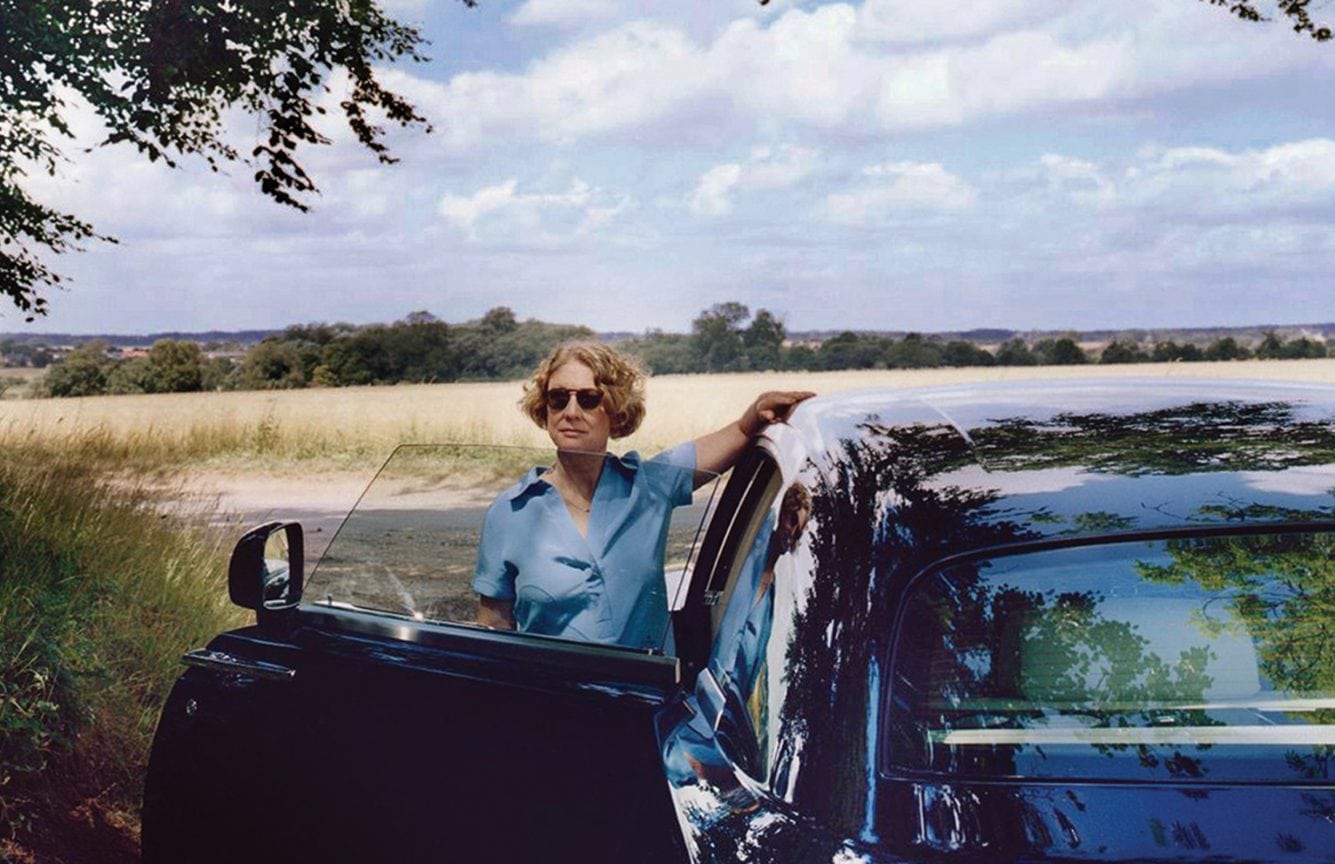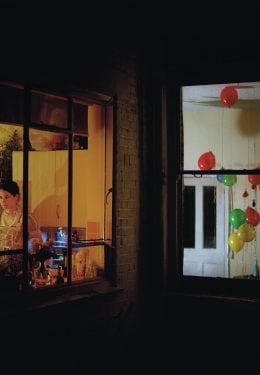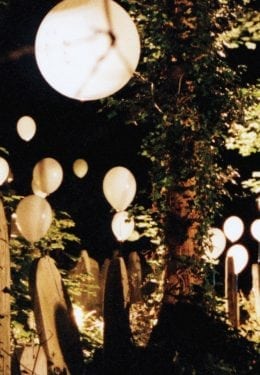Suicide Doors
She’d never seen them before, she didn’t know their name, and she’d never thought about it before the previous winter, following the first of what she called his Unexplained Absences. That night she had been at home, preparing an evening meal. She expected him at the usual time: between 7 and 7.30 depending on the traffic; usually close to 7.20. She had not worried at first: it was not unusual for him to be a little late. But by 7.40 she was showing signs of irritation: she’d had to put the dinner into the oven to keep warm, she had poured herself a glass of wine – something she rarely did before dinner – and her anxiety was turning into concern. It was December 1974 in pre-gentrification Stoke Newington, and they had been married for less than a year.
That time he telephoned her at 10 o’clock to say he’d been held up at work, something about an unscheduled meeting for which he’d been given no warning by his boss, typically. It had been a long one and they had broken for dinner but now they had to continue late into the night. Some sort of emergency. He couldn’t say no because he was in line for a promotion. It might be best if he stayed at a cheap hotel near the office: his company would bear the cost. She believed him.
But that was then and nine months later the Unexplained Absences numbered eight or nine and the story about the emergency meetings at work was wearing thin and the concern was turning to guilt and shame. She knew there was someone else, there had to be, and she just wanted him to admit it. That way she could start to process the hurt, the anger, the mystery of where she had failed him. She should have challenged him directly, she knew that, but she didn’t have the nerve. She wasn’t sure what would be worse: to hear that he had found another woman (or man: could it be a man?) or for him to continue to deny it, to continue lying to her. At least if he lied she could hold on to the delusion.
It was late August, or maybe early September, when things came to a head. Once again she was at home waiting for him to come home, once again she was making dinner – macaroni cheese, and some broccoli which she would put on when he came in – and once again she was taking her first sip from the gin and tonic which had become habitual since the Unexplained Absences began. She was listening to the radio, more for company than out of interest, although she had to confess that The Archers was becoming a secret addiction.
When it ended, that familiar music as irritating as it was reassuring, she glanced instinctively at her watch although she knew the time: it was a way of confirming that he was late again. She had begun almost to expect it. Sometimes she imagined him having a drink after work with the Other Woman, his hand upon her knee or perhaps entwined with hers, as he explained that he had to get home to her; that if he didn’t his wife would begin to suspect – as if he actually believed it possible that she did not suspect anything. And she wondered if the Other Woman begged him to stay, whether they had a room that they regularly used, whether she was married too, whether she did things that she – after a year of marriage – didn’t do, or didn’t want to do, or wouldn’t do with him.
The oven timer went off with a shrill ring that jolted her out of her thoughts. She opened the oven door and glanced at the macaroni, satisfying herself that it was browned, and turned the heat down to its lowest setting before heating the water for the broccoli. Perhaps he would still come.
She sat at the kitchen table and picked up a Sunday supplement. There was a photograph of a woman leaning on a sleek black car with the passenger door open, her arm resting on the roof. There was something peculiar about it and at first she couldn’t make it out. For some reason the photo made her think of Africa: perhaps it was the parched backdrop, which mirrored the arid landscape outside after the Indian summer they’d been enjoying, but the clouds and trees suggested it was taken in the Home Counties. Perhaps it was the woman’s sunglasses and pale blue blouse, unbuttoned at the neck. Something about her seemed defiant, proud, determined.
Then suddenly it clicked: she realised that the door the woman was holding was the wrong way around. The handle and lock were directly beneath the wing mirror and the door opened out from the front towards the back of the car. She had never seen suicide doors before and wondered about their significance. The text was no help because the photograph was an advertisement: the product it was selling was in fact the woman’s sunglasses, which struck her as being odd since there was nothing notable about them, but she never wore sunglasses herself so, upon reflection, she was a poor judge of such matters.
She was thinking about whether she should perhaps buy herself a pair, given the long hot summer that they had just enjoyed – perhaps for driving – when her reverie was disturbed by the sound of the water boiling in the saucepan on the hob. She took one final glance at the advertisement in the magazine, swept her hair back, and went to put the broccoli into the pan. At that moment she heard the key in the lock of the front door and he stepped inside, placed his briefcase beside the hall table and walked towards the kitchen. He entered and kissed her on the cheek. “Something smells good,” he said.
IMAGE: JAMIE MCGREGOR SMITH
Based in Hackney for more than 10 years, Jamie is a photographer whose creativity is inspired by the area’s constant changes, from the prosperous Square-Mile, to post-industrial Hackney Wick and modernising Stratford.
WORDS: TIM COOPER
Tim resides in Stoke Newington with his wife and two children, and has lived continuously in Hackney for 40 years, indulging his passions of writing, reading, cinema, music, sports and vegetable gardening. He’s written for national newspapers and magazines on subjects from politics to pop culture, but this is his first short story.


